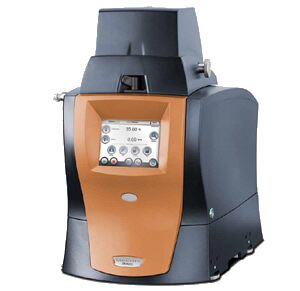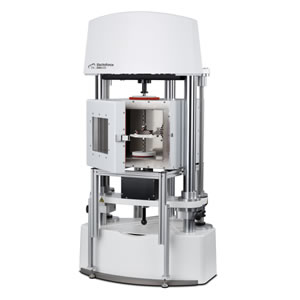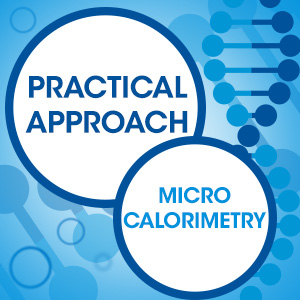Interfacial Rheology: Fundamental Overview and Applications
Interfacial Rheology: Fundamental Overview and Applications Overview Interfacial rheology dominates the behavior of many complex fluid systems. Whether the system is characterized by a fluid-fluid interface or fluid-air interface, these characteristics influence the behavior of biological systems, oil recovery, personal care products, food and more. Learn the basic forces that drive interfacial dynamics and…










